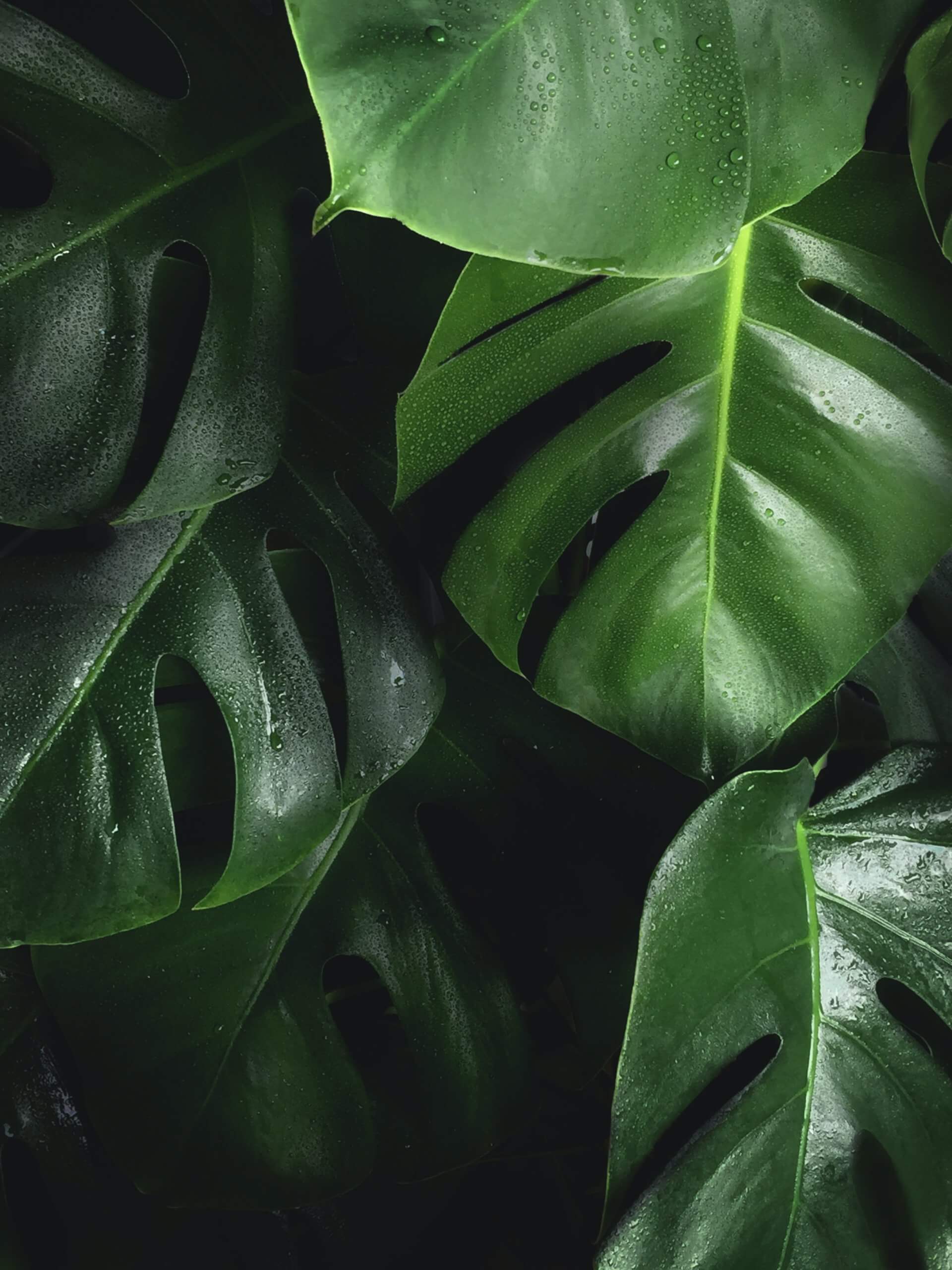Did you know that there are several diseases and pests out there that can damage your beloved plants and plants? At first, it may not be obvious.
Photo by Chris Lee on Unsplash
The diseases sometimes don’t show up right away, while the problem with pests is they sometimes appear all of a sudden. The saying “an ounce of prevention is better than a pound of cure” is true when it comes to protecting your garden from these threats.
Pests and diseases are the pain of any gardener or greenhouse owner. Finding the best ways to protect your beloved plants from these pests is a win-win for everyone! This post will be giving you expert advice on how to protect your plants from these pests and diseases.

1. Choose Organic Ways of Protecting Your Plants From Pests and Diseases
Organic ways of protecting your plants do not just involve spraying them with chemicals or insecticides. For instance, if you buy cactus plant, you can boost its immune system through organic ways, thus protecting it from pests and diseases. Choosing organic products is also better since you will know that they are safe to use on your plants.
The good thing about organic methods of protecting your plants is there are many of them to choose from. You can opt for natural predators that will keep the pests and disease at bay.
If you have a susceptible plant, using parasites should be your last resort since they could also damage it in the process. Using natural repellents is also another option, or you can add beneficial bacteria to boost your plant’s immune system.
2. Identify the Pest or Disease That Is a Threat
A crucial step to protecting your plants from these pests and diseases is identifying what you’re dealing with. Having a proper diagnosis of the problem will save you valuable time and money. In addition, it will help you choose the best method for protecting your plants from this particular pest or disease.
Another plus side to having proper identification is it could save your plant. For example, once you know that the threat is powdery mildew, you won’t have to worry about the other sprays since it will not affect this particular disease.

3. Take Care of Your Plants
While you should never wait for your plant to get sick or pests to infest them before you start taking proper care of them, you must study the best ways to protect your plants from these threats while they’re still healthy and growing well. This will give you the upper hand when it comes to protecting your beloved plants from pests and diseases.
For example, if you know that the best way to protect your plants from pests is to keep them healthy, then you should take note of the following tips:
- Keep your plants well-fed. Sometimes it’s not enough just to water your plants since they might also need some nutrients. A good mix of fertilizers will do more good than harm for your plant since it will boost its immunity.
- Expose your plants to adequate sunlight. You should expose your plant to bright sunlight. However, if you fear that the bright rays of the sun might stress out your beloved plant, then expose it first to a bit of direct sunlight and gradually increase the time as it grows healthier and stronger.
- Water your plants properly. If you water your plant with much water, the excess water and fertilizer will damage it. Watering your plant in moderation is vital since little or much water might cause root rot, ultimately harming your darling plant!
- Keep them warm. Warmth can d boost your plant’s immunity, thus protecting it from these bugs and diseases.
- A clean garden is a healthy garden. Your garden should always be clean of any pests or diseases that could attack your beloved plants since they will likely thrive in dirty environments.

4. Consider Non-Organic Ways of Protecting Your Plants
Remember that there are times when you need to use non-organic ways of protecting your plants.
For example, pesticides are not just for agricultural purposes, but they’re also beneficial in stopping infestations of harmful pests and diseases on your prized plant. However, remember that this method is only applicable if the threat is detrimental to your plant since not all pesticides are safe.
Carefully read the label on any pesticide you use to ensure that they are non-toxic and safe for your plant. If in doubt, consult with a gardening expert who can advise you which type of pesticide is best suited for your plant.
Get Started Today!
Here are the best ways to protect your plants from pests and diseases. You should always consider organic ways of safeguarding your plant is safer than non-organic products. While pesticides get the job done, it’s essential that you still consider the safety of your plant. It’s better to be safe than sorry




Leave a Comment